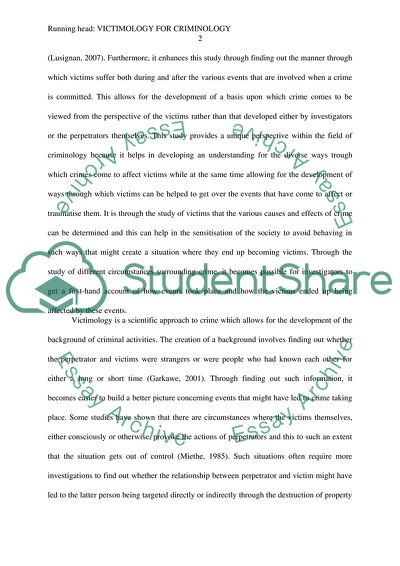Cite this document
(Relevance of Victimology for Criminology Essay Example | Topics and Well Written Essays - 1500 words, n.d.)
Relevance of Victimology for Criminology Essay Example | Topics and Well Written Essays - 1500 words. https://studentshare.org/law/1871357-victimology-for-criminology
Relevance of Victimology for Criminology Essay Example | Topics and Well Written Essays - 1500 words. https://studentshare.org/law/1871357-victimology-for-criminology
(Relevance of Victimology for Criminology Essay Example | Topics and Well Written Essays - 1500 Words)
Relevance of Victimology for Criminology Essay Example | Topics and Well Written Essays - 1500 Words. https://studentshare.org/law/1871357-victimology-for-criminology.
Relevance of Victimology for Criminology Essay Example | Topics and Well Written Essays - 1500 Words. https://studentshare.org/law/1871357-victimology-for-criminology.
“Relevance of Victimology for Criminology Essay Example | Topics and Well Written Essays - 1500 Words”. https://studentshare.org/law/1871357-victimology-for-criminology.


